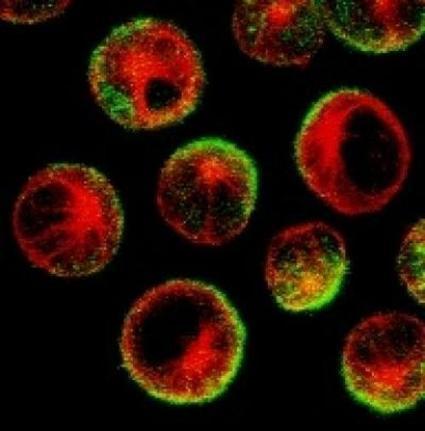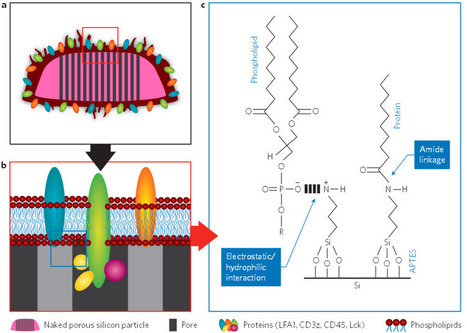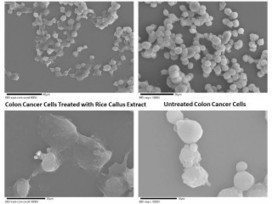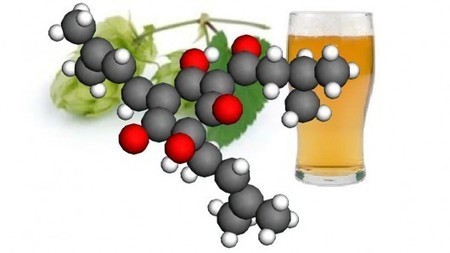The drugs, known as non-steroidal anti-inflammatory drugs (NSAIDs), include ibuprofen and diclofenac, and also newer medication called coxibs.
Research and publish the best content.
Get Started for FREE
Sign up with Facebook Sign up with X
I don't have a Facebook or a X account
Already have an account: Login
Live longer in good health and you will have a chance to extend your healthy life even further
Curated by
Ray and Terry's
 Your new post is loading... Your new post is loading...
 Your new post is loading... Your new post is loading...
Christina Mediate's comment,
February 24, 2013 5:56 PM
Being able to stop the formation of senile plaques makes this drug look promising. Those plaques are what cause the damage to the brain cells and start the initial memory loss. I'm anxious to see how it works on humans though. Right now it's only safe on the mice. But this is a very crucial step towards a possible new treatment or cure for the disease.
|

Brian Shields's curator insight,
February 7, 2013 11:18 AM
Very Powereful Quote and an important one for clinicians to understand, " We have a small but effective inventory of 'druggable' mutations that we know play a role in cancer" |

















